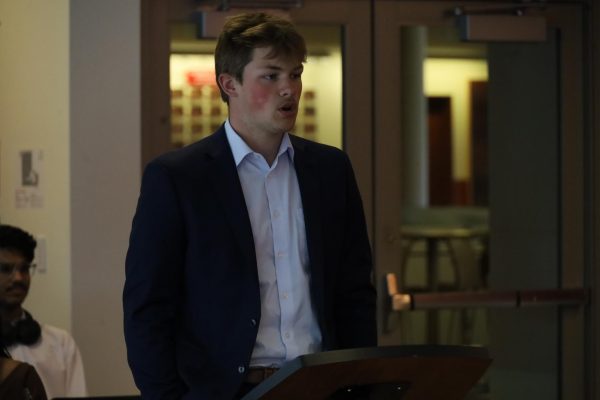WSU officials react to Trump’s executive order banning Muslims
January 30, 2017
WSU President Kirk Schulz tweeted on Saturday that he and the WSU administration would be releasing an action plan regarding President Donald Trump’s executive order, which temporarily suspended visas for citizens from seven Middle Eastern countries.
Trump’s executive order, issued on Friday, affects visitors to the U.S. from Iran, Iraq, Syria, Sudan, Libya, Yemen and Somalia, “countries of particular concern.” According to the order, the ban will be in place for 90 days from the day it was signed, while federal agencies work to institute an in-depth screening program. The order also suspends the U.S. Refugee Admissions Program for 120 days.
The order states its purpose is to “ensure that those admitted to this country do not bear hostile attitudes toward it and its founding principles.” It also states that the U.S. “should not admit those who engage in acts of bigotry or hatred, or those who would oppress Americans of any race, gender or sexual orientation.”
Schulz’s tweet was in response to Gabrielle Pastenkos, a Ph.D. graduate student, who asked him what WSU can do to help the WSU community members affected by the ban.
More details about the university’s statement and action plan will be released on Monday, Schulz’s tweet stated.
U.S. Senator Maria Cantwell (D), of Washington, issued a statement on Sunday saying the executive order goes against American values and hurts U.S. interests. She listed alternatives to help strengthen national security, including using technology, information sharing and law enforcement cooperation.
“We are a country that treats everyone equally under the law and that believes in due process,” Cantwell stated in the release. “We do not discriminate based on national origin or religion.”
Her release also stated that the executive order should be tried in federal courts because it is likely unconstitutional.
Reporting by Dan Doucet


















